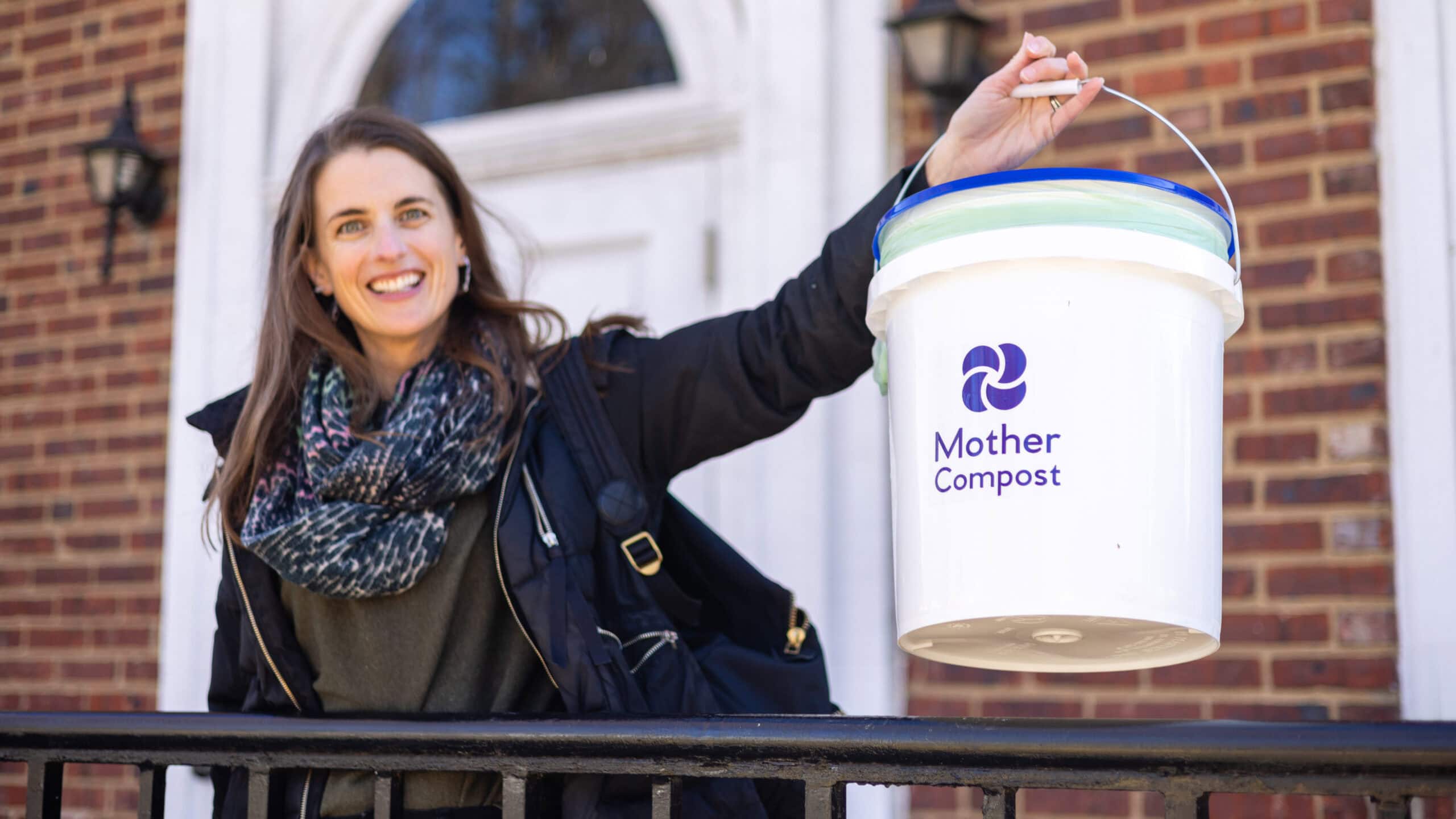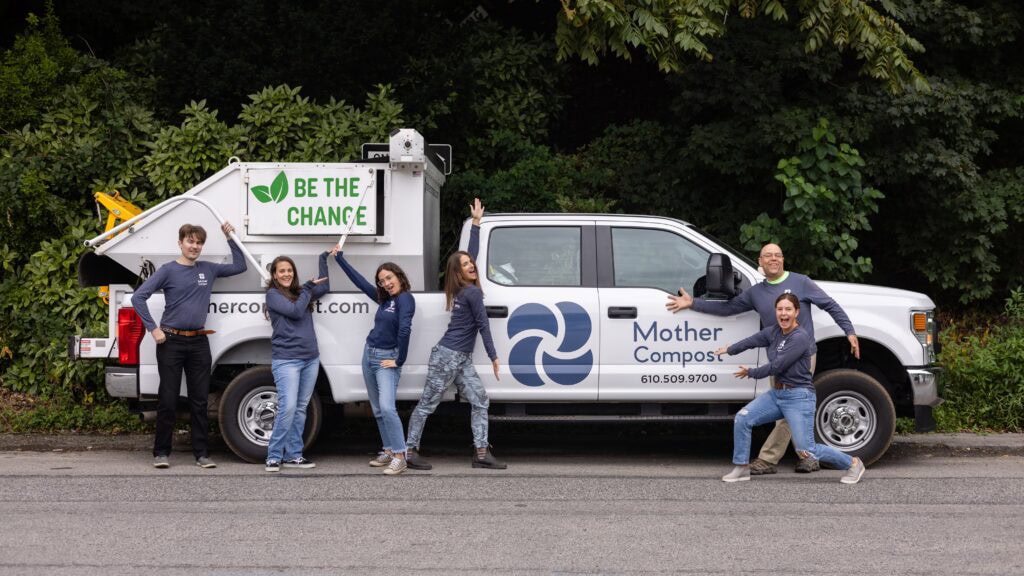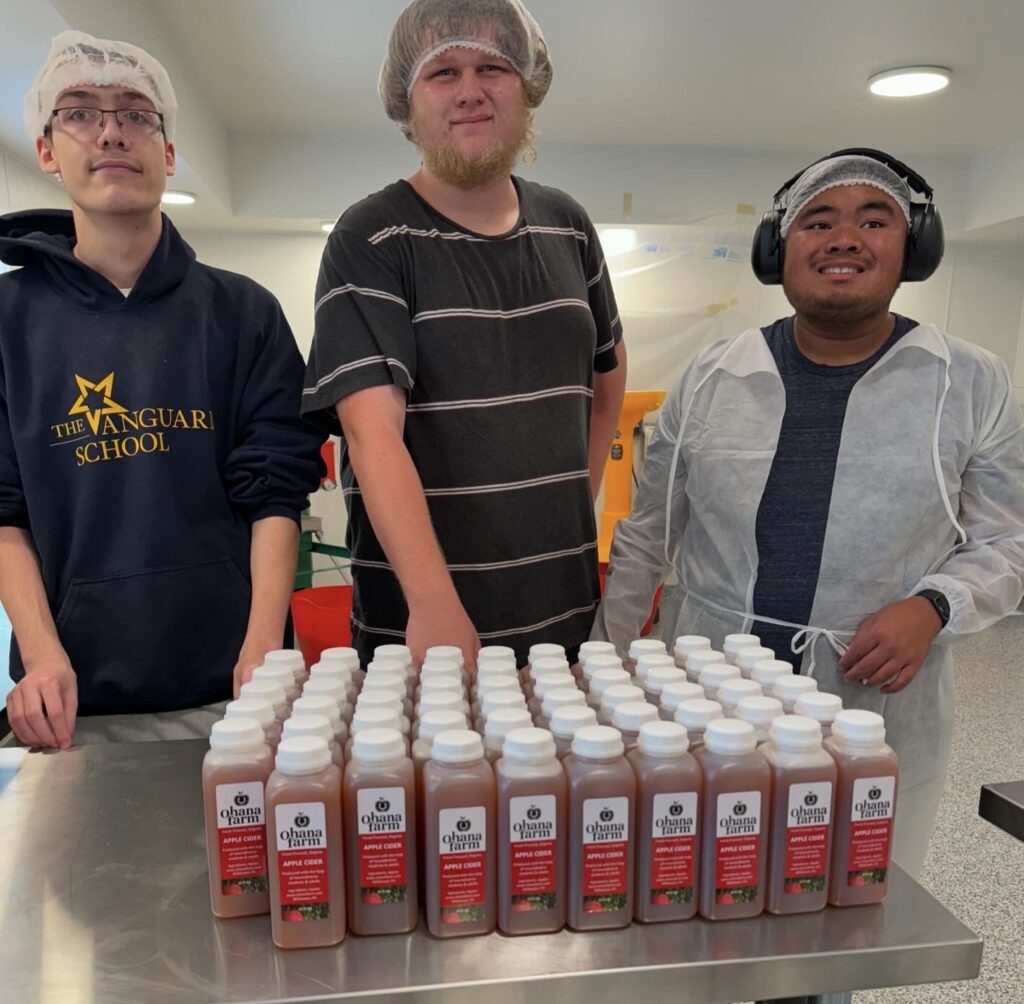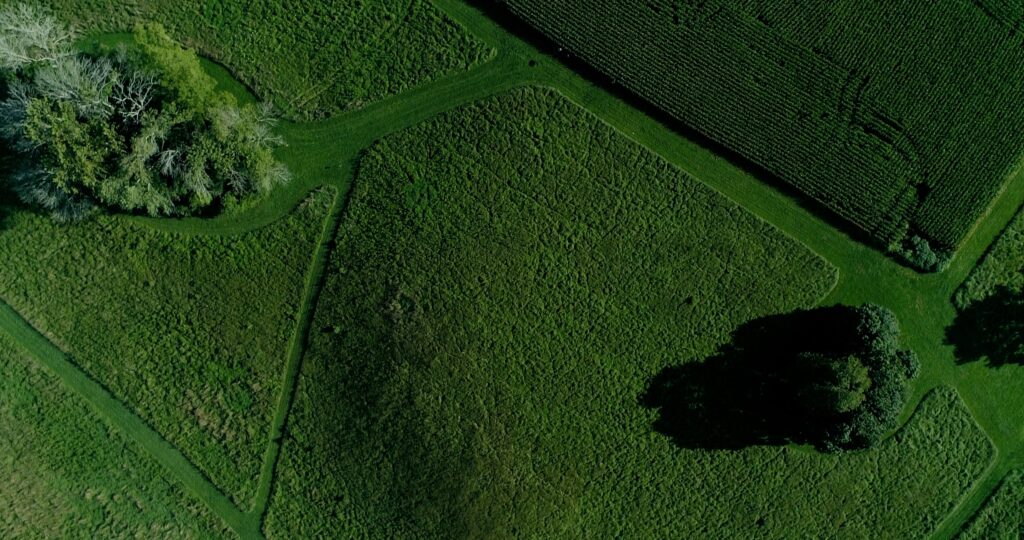How a mother of three switched from her career in finance to founding a popular compost pickup service.
By: Gwenn Nolan, Founder of Mother Compost
I grew up in Willistown, rambling through what is now Kirkwood Preserve. Life has a way of bringing us full circle. Though I no longer live in Willistown, my work now focuses on protecting our planet—likely inspired by a childhood spent immersed in nature.

Years ago, while working in financial services nearby, I found myself at a crossroads with an idea so absurd it made me laugh: “I should start a composting company.” With two toddlers rejecting meals left and right, I was sickened by our food waste. My attempt at backyard composting failed (see: full-time job, two toddlers, baby on the way), but it sparked a thought: If composting were easier, more people would do it. We’d reduce waste, recycle food, and maybe even change the world.
A quick test run confirmed it—people wanted this. So, I took the road less traveled, waking at
2:30 a.m. to collect food scraps in my Ford Ranger, getting them to the farm before showering, wrangling kids, and heading to work. A year later, I hired my first employee. Five years on, Mother Compost has grown from a solo project to a small but mighty team of eight, serving over 1,500 households and 35 businesses.

The road has been winding and at times uncertain, but as Frost wrote, taking the one less traveled has made all the difference. At Mother Compost, we believe small choices create big impacts—and that anyone, at any time, can be the change they wish to see in the world.
Are you interested in composting with Mother Compost? Use the link below to see if you’re residence is within the pickup/delivery service area and start your composting journey.





